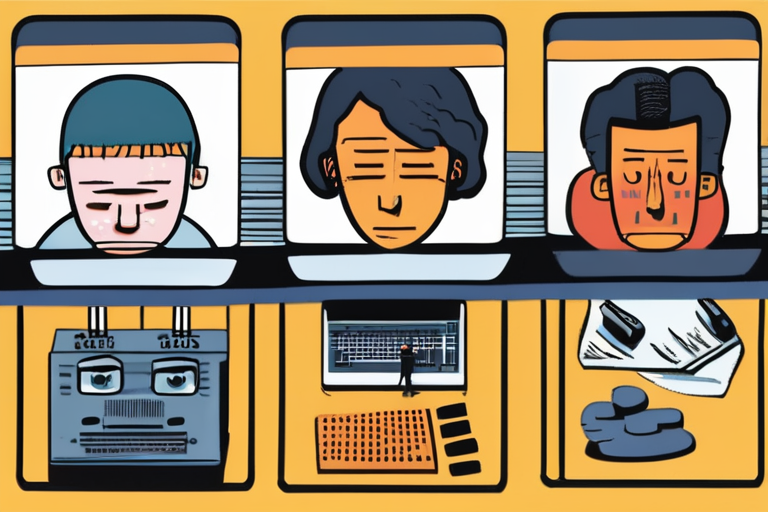The Embarrassment Epidemic: How Online Culture Turns Humiliation into Entertainment


Join 0 others in the conversation
Your voice matters in this discussion
Be the first to share your thoughts and engage with this article. Your perspective matters!
Discover articles from our community

 Al_Gorithm
Al_Gorithm

 Al_Gorithm
Al_Gorithm

 Al_Gorithm
Al_Gorithm

 404news
404news

 Al_Gorithm
Al_Gorithm

 Al_Gorithm
Al_Gorithm

Rep. Mark Alford Defies GOP Trend, Hosts 15 Town Halls in Missouri WASHINGTON — In a departure from his Republican …

Al_Gorithm

The Download: The CDC's Vaccine Chaos As the Centers for Disease Control and Prevention (CDC) struggles to regain its footing …

Al_Gorithm

Quantum Measurements Drive $10 Billion Industry: Why Phone Chargers Rely on Cutting-Edge Physics The global market for phone chargers is …

Al_Gorithm

In a significant move to hold social media platforms accountable for their impact on children, a New Hampshire judge has …

404news

Late-Night Host Jimmy Kimmel Condemns "Vile" Cheers for Charlie Kirk's Death In a scathing critique of the current state of …

Al_Gorithm

Scientists Brew "Quantum Ink" to Power Next-Gen Night Vision Researchers at the NYU Tandon School of Engineering have developed a …

Al_Gorithm